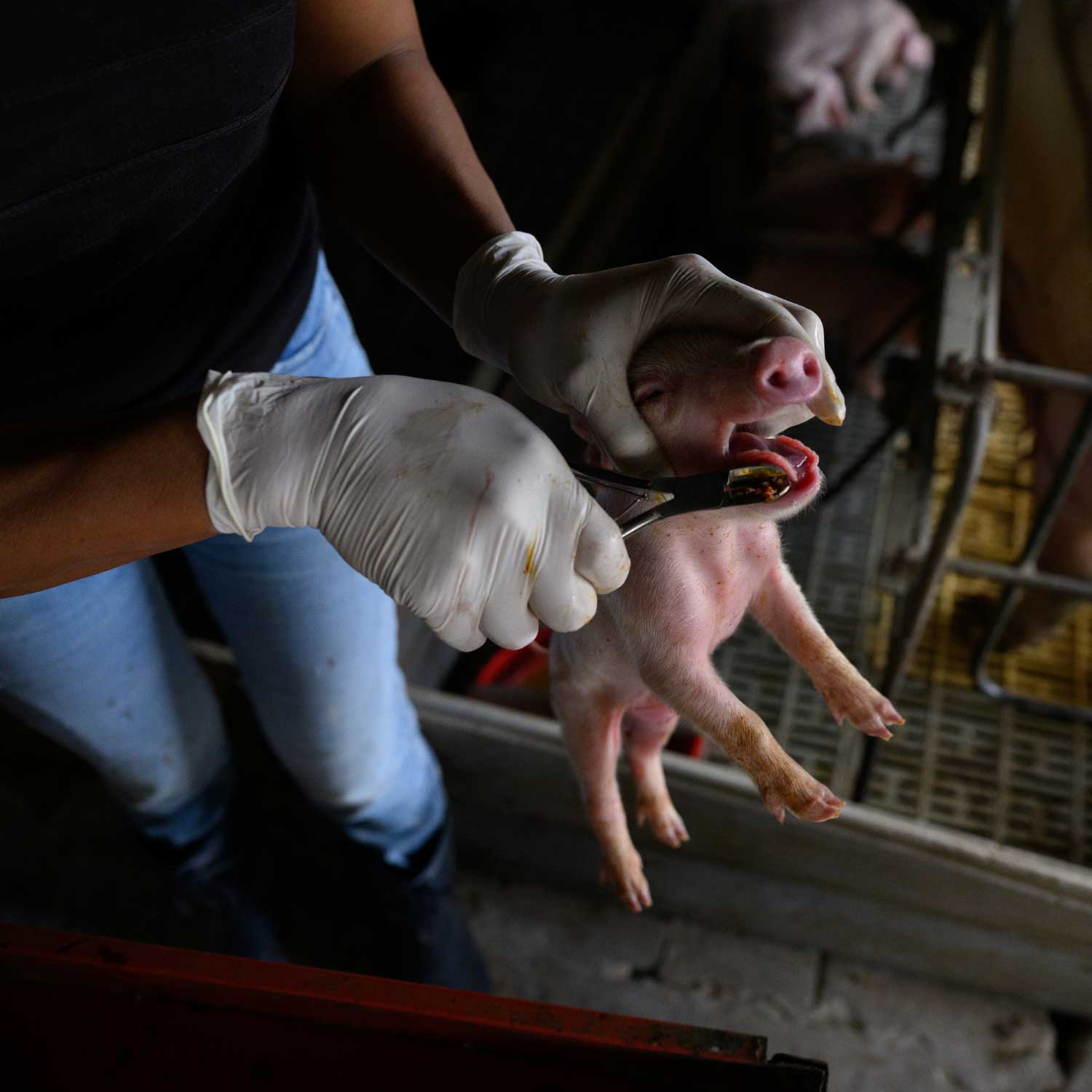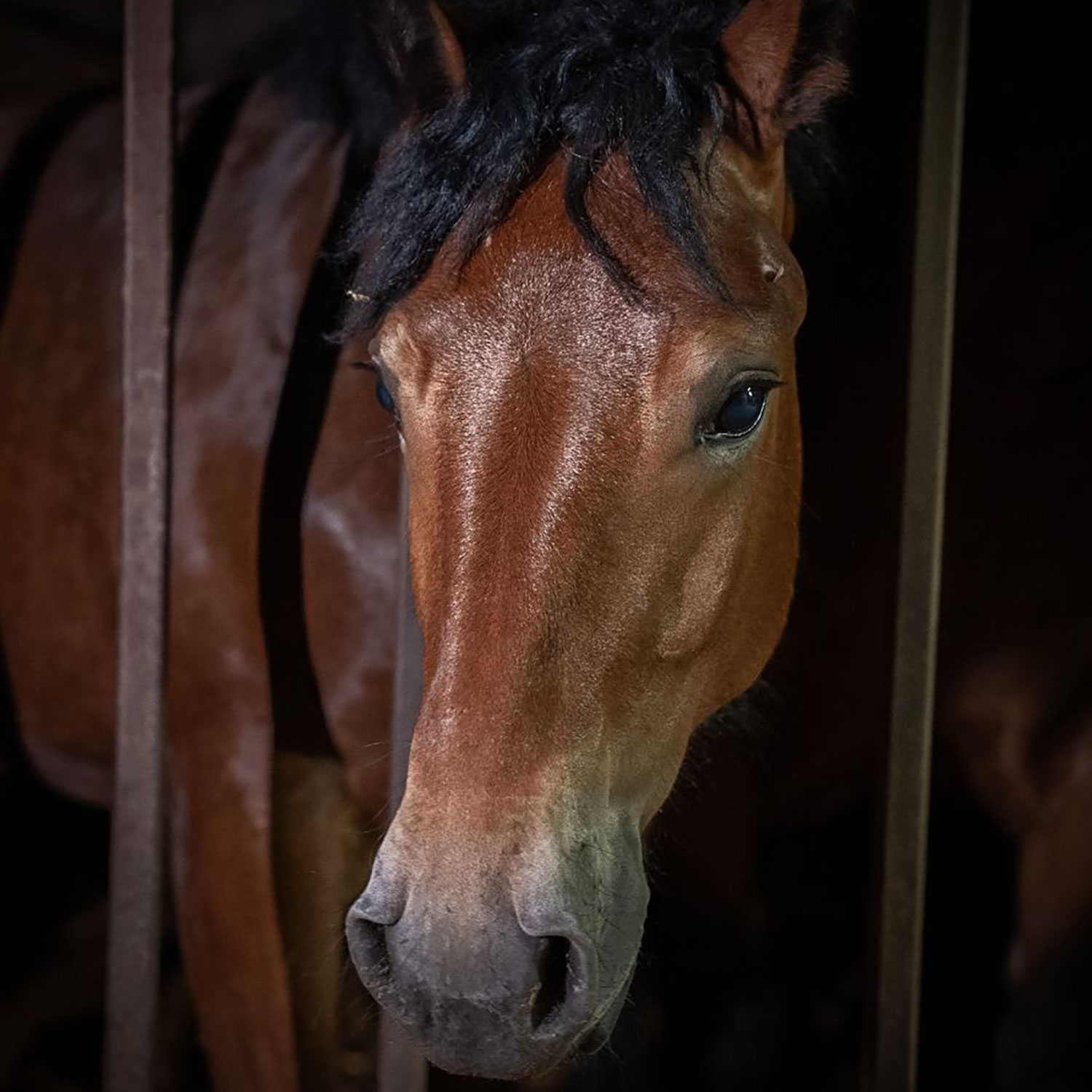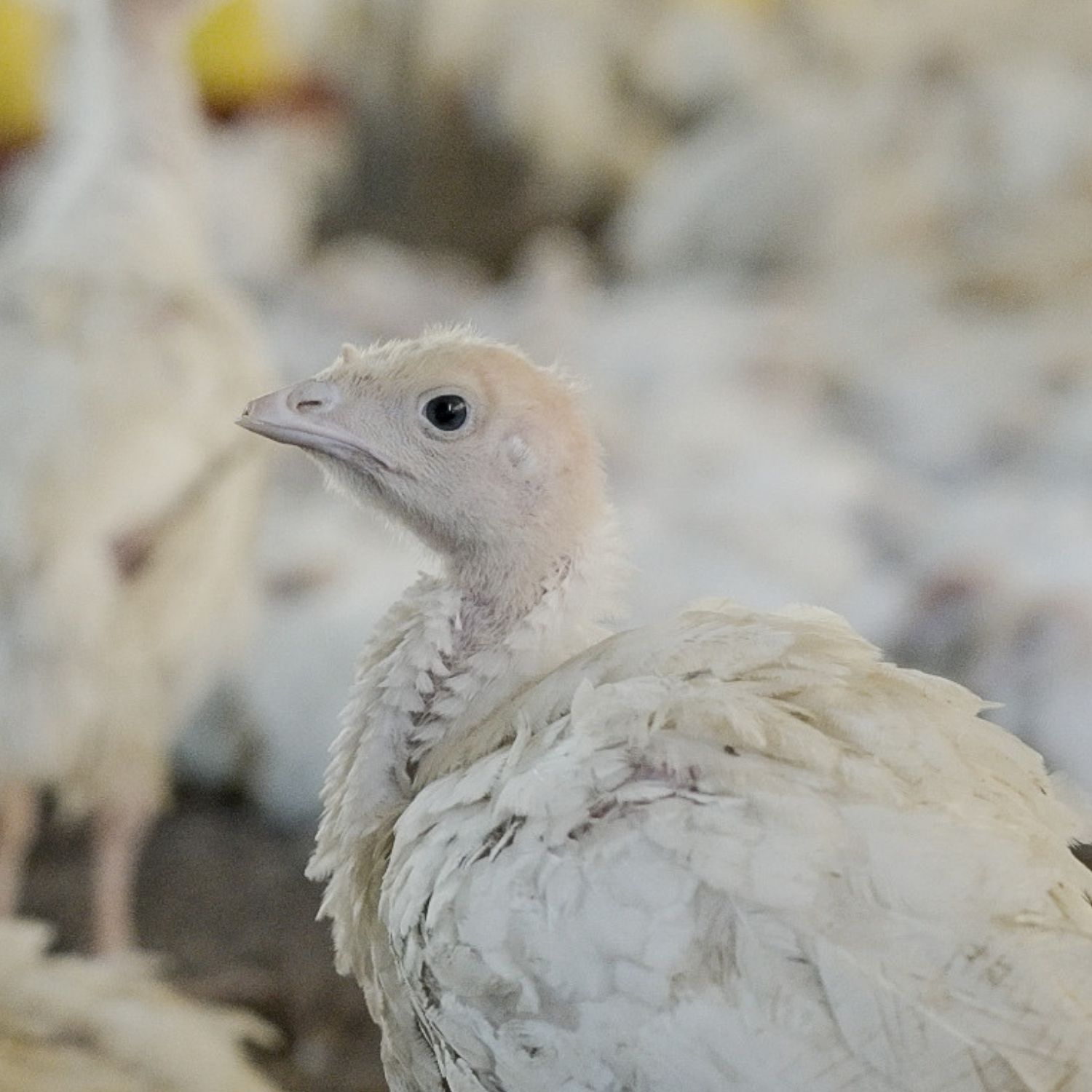INVESTIGATION: The Cruel and Illegal Practices of India’s Fishing Industry
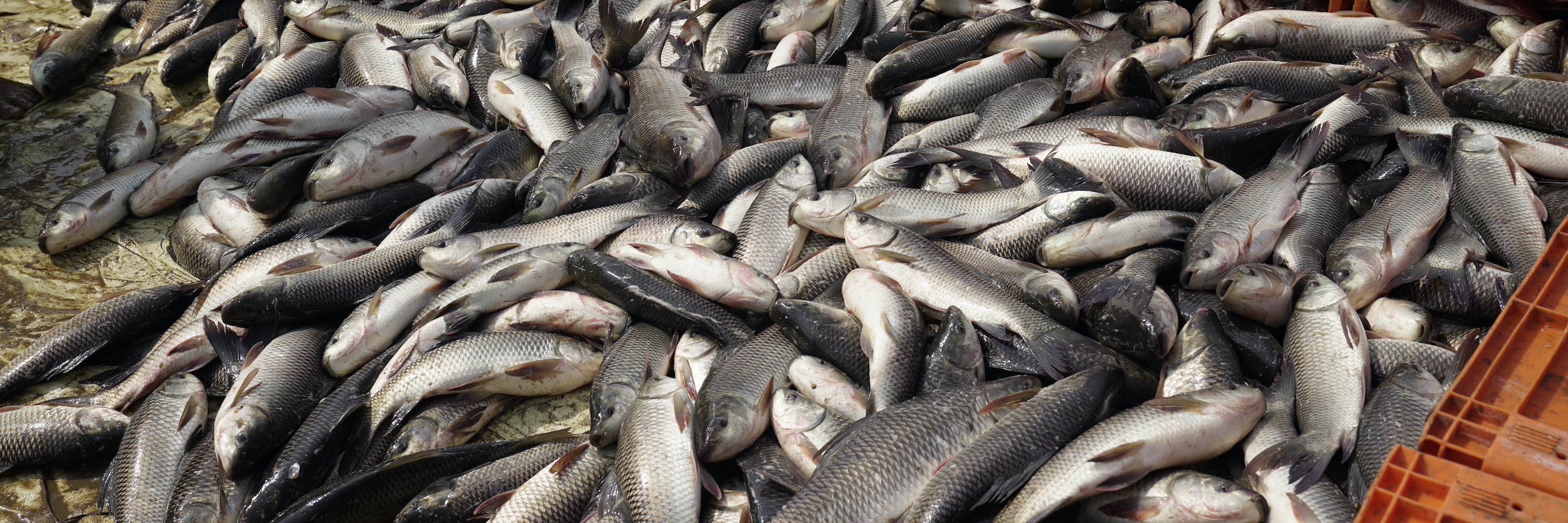
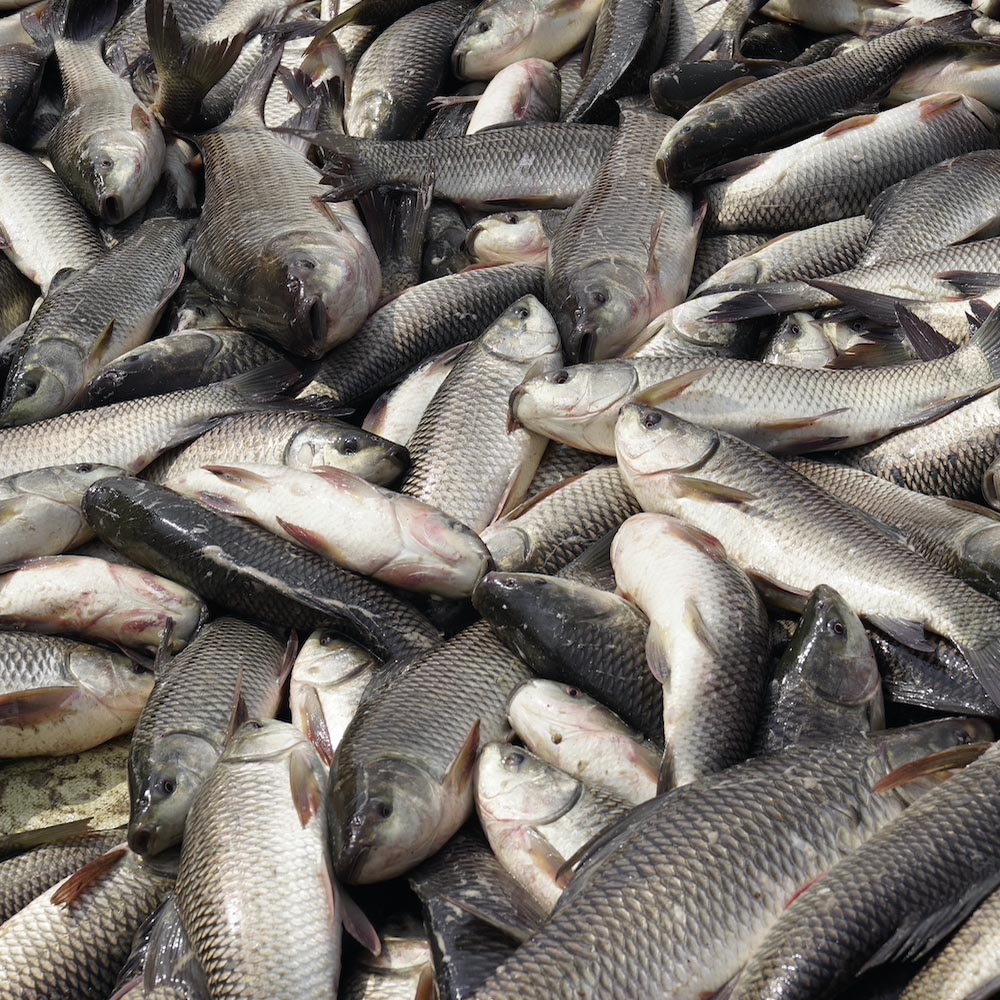
A new investigation from Animal Equality exposes the abuses and crimes of India’s fishery and aquaculture sector and shows the inefficient use of precious resources, like water and land.
THE DETAILS: Animal Equality investigated several Indian fish and shrimp farms, hatcheries, and fish markets from Feb 2019 to May 2020 in West Bengal, Andhra Pradesh, Tamil Nadu, and Telangana, which are known for their fish production. The cycle of cruelty seems to never end, with our team witnessing fish suffering in a variety of ways. One particularly brutal practice is “fish milking,” an extremely painful process in which the eggs from a female fish are squeezed out by hand. In another, farmed fish are killed by asphyxiation as workers pull them from the water and put them on ice to slowly and agonizingly suffocate to death. Our investigators also found:
- Thousands of fish bred in small, overcrowded ponds, which are prone to disease spread.
- Many fish crushed to death by the weight of other fish when they’re caught in nets and dumped into containers.
- Workers cutting the gills of fish without prior stunning, resulting in the animals bleeding to death.
- Some species of fish, like catfish, are slaughtered and sold at unsanitary markets.
- Conscious catfish clubbed several times in an effort to slaughter them.
- Children were seen slaughtering fish, which violates child-employment laws.
WASTED RESOURCES: Fish farms need an exorbitant amount of water for operation and pump out large quantities of groundwater, which comes from nearby rivers, leading to drastic reductions in the region’s water table. In addition, fishery and aquaculture farms require large tracts of land in areas with an abundance of water, reducing the agricultural yield from these sectors.
WHAT HAPPENS NEXT: Animal Equality has presented our findings to the Government of India, along with a list of recommendations to reduce the suffering of fish. In addition, a petition was launched urging the Minister of Animal Husbandry, Dairying, and Fisheries to consider these recommendations.
WHAT WE’RE SAYING: “The objective of India’s 1960 Prevention of Cruelty to Animals (PCA) Act is to prevent the infliction of unnecessary pain or suffering on animals. And according to our country’s Constitution, Article 48 states that animal husbandry should be organized on modern and scientific lines. Given our investigation’s findings. the Indian government must consider our recommendations, as they are in line with the PCA Act and the Constitution.” Amruta Ubale, Senior Director of Public Affairs for Animal Equality India.
WHAT YOU CAN DO: The reality is that animals, especially aquatic animals, are not afforded adequate protections in our food system, and the abuse we filmed is unfortunately commonplace in the fishery and aquaculture industry. You can help change the future for these animals by leaving them off your plate and share our investigation’s findings with your family and friends. Together, we can make a difference. If you’d like to do more to help, consider signing up to be part of our online action team. The animals will thank you.
HELP ANIMALS FROM THE COMFORT OF HOME – BECOME AN ANIMAL PROTECTOR!

